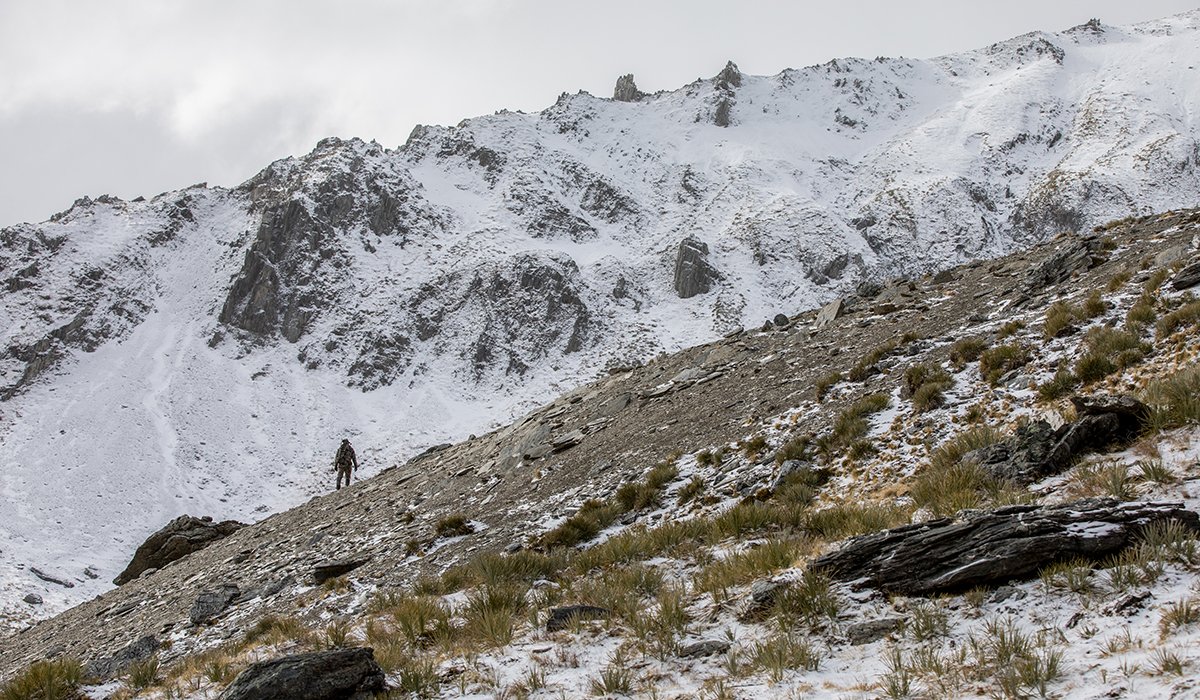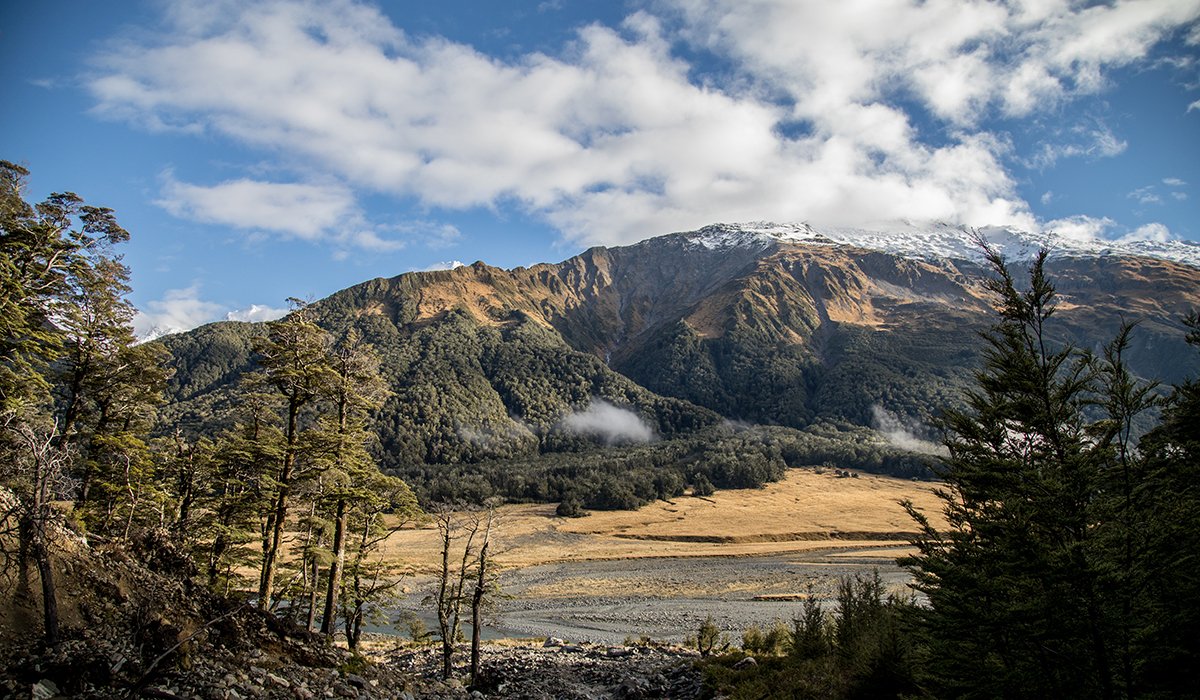
Hunting has been a staple of our consumption for millions of years. It has regulated our interaction with wildlife for longer than most can imagine. It has allowed our social structure to evolve and provided perspective on what it means to be human.
So why do we have this dilemma with hunting and killing? Why do hunters feel persecuted in today’s society?
The idea is widespread and it isn’t new. Take American writer, critic and philosopher Joseph Wood Krutch’s comments for example: “When a man wantonly destroys one of the works of man we call him a vandal,” he said. “When he destroys one of the works of God we call him a sportsman.”
Ironically, Krutch made these comments nearly 50 years ago, during our Nation’s hunting boom. In 1958 to 1975 the number of licensed hunters in America generally increased, before hitting a plateau in the mid ’80s. Then things went into a general decline for decades with hunting not only facing stronger opposition, but an even more dangerous absence from pop culture. Here’s the reasoning from 2014 Responsive Management study on the subject, “In both hunting and fishing, the decline in participation from the peak in the 1980s is partly attributed to a broad demographic change in the United State—urbanization.” According to U.S. Census data, 36 percent of the United States’ population lived in rural areas in 1950. Now it’s lower than 20 percent.
In 2016, 11.5 million people, 5% of the U.S. population 16 years old and older, went hunting. That’s down from 13.7 million in 2011. The reality of this small slice of our culture becoming ever thinner cannot be disputed. The question, though, is not how we grow the ranks of hunters to its peak in the 1950s, but how we raise the awareness of the non-hunting public and normalize the pursuit within popular culture.
That brings us back to Krutch’s comments. Decades later his ideas hit all of the points of opposition today. It’s a fundamental argument against hunting that has no end in sight. In the modern world, coming to terms with the gritty, bloody nature of killing a game animal is a difficult premise.
Think about this fact from “Your Future is Your Dietary Past” by paleo expert Jack Challem: “100,000 generations of people were hunter-gatherers, 500 generations have depended on agriculture, and only 10 generations have lived since the start of the industrial age, and only two generations have grown up with highly processed fast foods.”
Our minds and bodies thrive when hunting. Wild protein allows hunters to look far beyond the mass-produced, chemically-enhanced protein pushed by the American food industry. If our modern diets are out of sync with our genetic requirements, then hunting can be the missing link.
Hunters also tend to be pragmatists. We see the life hunting provides us, without focusing on the death. We see the realities of the world around us and understand that we can care deeply about wildlife while pursuing and killing them. We know that hunting is a way to combat the diseases of civilization. We understand that it’s in our blood and, better yet, in our genes to hunt.
Hunting is an indelible mark on the human condition. Wild places challenge us and make us better, as they always have. And while the realities of hunting may change over time, the pursuit and the pursuer will always remain the same.
For more, check out Ben O’Brien’s The Hunting Collective podcast on the MeatEater Network.








Conversation